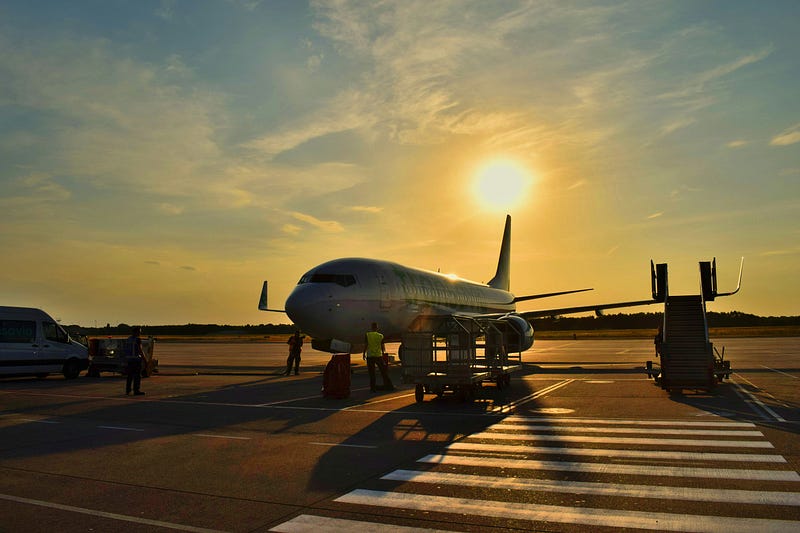Tanzania's Smart Gates: A Blueprint for Nigeria's Travel Evolution
Written on
Tanzania's Technological Advancement in Travel
As international travel progresses, various African nations are making strides to improve the experience for travelers, with Tanzania at the forefront. The implementation of smart gates in Tanzanian airports has transformed the entry process for both citizens and tourists, allowing for a more streamlined, rapid, and efficient arrival experience. Now, Tanzanians can simply scan their passports at these smart gates, bypassing the lengthy queues associated with biometric checks or passport stamping. This innovative method raises an important question: Why hasn't Nigeria embraced similar advancements?

Tanzania’s Leap into the Future
Tanzania's initiative to introduce smart gates at its borders represents a forward-thinking approach to leveraging technology for enhanced airport efficiency. These advanced gates are fitted with high-tech scanners that permit travelers to quickly move through by merely scanning their passports. This development eliminates the necessity for long waits to submit biometric data or receive manual passport stamps from immigration officers.
The advantages are evident. Travelers enjoy significantly shorter waiting times and a much smoother entry experience. For those who travel frequently, this innovation greatly reduces stress at the beginning of their journeys. Additionally, this system bolsters border security by swiftly and accurately confirming traveler identities, thereby minimizing the chances of human error.
Nigeria's Traditional Travel Experience
In contrast, Nigeria's travel experience remains markedly different. Airports in Nigeria still depend on conventional methods for border control. Travelers often encounter extended queues for biometric data collection and passport stamping, resulting in a time-consuming and, at times, chaotic process that frustrates both Nigerians and visitors alike.
As other nations adopt modern technology to streamline their border procedures, Nigeria appears to be falling behind. Even as one of Africa's largest economies, the nation's airports still operate with outdated systems that hinder the flow of travelers and lead to congestion at crucial entry points.
Why Nigeria Hesitates to Adopt Smart Gates
There are several factors contributing to Nigeria's reluctance to implement smart gate technology:
- Infrastructure and Investment: The transition to smart gates necessitates substantial investment in technology and infrastructure. Nigeria would need to upgrade its current systems, train staff, and ensure that all airports are equipped with the required technology.
- Policy and Bureaucracy: Modifications in airport operations often require regulatory changes, which can be delayed by bureaucratic red tape. The introduction of smart gates would likely necessitate collaboration among various government agencies, a process that can be lengthy and complicated.
- Security Concerns: Some officials may harbor reservations regarding the security implications of shifting from manual checks to automated systems, believing that human oversight remains essential to maintain high security standards.
- Public Awareness and Acceptance: For any new system to succeed, it must be embraced by the public. Nigerians would need to be educated on how to utilize smart gates and reassured about their effectiveness and security.
The Path Forward for Nigeria
Although the transition to smart gates may not occur immediately, Nigeria has a significant opportunity to learn from Tanzania's success. As a nation that prides itself on leadership within Africa, Nigeria should not lag in adopting technologies that can enhance its global reputation and improve the travel experience.
To advance, Nigerian authorities could initiate a thorough assessment of their current systems and pinpoint areas where technology could provide meaningful improvements. Pilot projects could be rolled out at major international airports to evaluate the feasibility and effectiveness of smart gates. Moreover, Nigeria could collaborate with countries that have successfully implemented such systems to gather insights and best practices.
In Conclusion
Tanzania's integration of smart gate technology serves as a compelling example of how innovation can reshape the travel experience. As more African nations embrace technological advancements, Nigeria must not be left behind. By investing in the modernization of its airport systems, Nigeria can boost efficiency, strengthen security, and enhance the experience for both its citizens and visitors. Now is the time for Nigeria to embrace the future of travel.